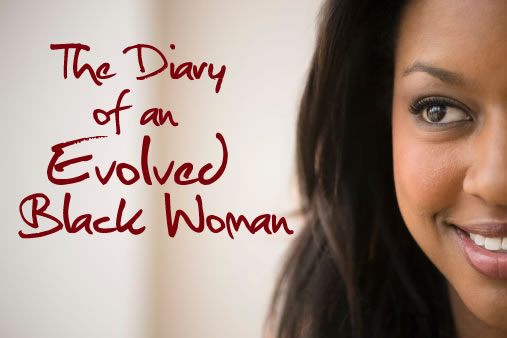Suppose we finally take our elders’ advice and reflect on the important things we have learnt from the past holiday season. What happens next? Should we be waiting for a specific moment, when suddenly our perspective shifts and our approach to life with it? Or are we supposed to step in that reflection until we’ve absorbed it and it has changed us? How do we know when our reflection has achieved its desired effect?
I don’t present these as cynical questions, but sincerely — as practical ones, posed in pursuit of practical answers. For our reflections to be worth anything to us, they need to translate into actions.
The reflection part comes easily enough during the holidays. Breaking out of our schedules clears our perspectives, spending time doing the things we want to with the people we want to recalls our priorities and a looming new year seems an opportunity for a fresh start (even if we know there’s no such thing). At this time of year, we’re in the optimal state of mind to think about the important things in life.
It’s the action part that’s difficult. This has a lot to do with the format that we try to take action through: the New Year’s resolution. After reflecting our way to dramatic epiphanies about our lives, we simmer them down to a single commitment. We only permit ourselves one resolution, so that we take it seriously. And we attach a deadline to it, so that we really commit to seeing it through. By the time that deadline arrives, whether or not we have actually done what we resolved to, we will definitely have forgotten all the surrounding reflections that inspired it. We thought we were condensing these reflections into the sole resolution, when in fact we were distilling them out. We will not have made the most of them.
The New Year’s resolution doesn’t work. Even when it seems to have, it hasn’t. You began neglecting your various reflections the moment you made a single resolution and had long forgotten them by the time you achieved it. So, today, to help you become a better person in 2012, I want to propose an alternative process.
I give you my word that this will do more to make you happier in your life than any resolution ever has.
Here’s what to do:
1. Print out the table below (10 times out of 10, I will ignore instructions to print things. But if this is going to work for you, you need to. There is no point in continuing otherwise.
2. Carefully read down the middle column of the table. Many psychologists and cognitive therapists agree that these eight values are the ones that provide meaning in life.
3. The left-hand column is the “Importance” column. To the left of each value, write a number between 1 and 10. That number should reflect how important each value is to you, 10 being the most important. You’re not going to share this with anyone else, so be honest. If you truly feel that your work is the most important thing in your life, you should give it a “10.”
4. The right-hand column is the “Effort” column. To the right of each value, write a number between 1 and 10. That number should reflect how much effort you regularly put toward that value. Be honest. If you put in 100-hour weeks at your office and are thrilled to do so, you should give “Work” a “10.” If phoning your mother on her birthday was your 2011 New Year’s resolution and you failed, you should probably give “Family” a “0.”
5. Take a highlighter and colour in the three rows where you see the biggest discrepancies between “Importance” and “Effort.”
By this point in the process, you’ve already done two things. You’ve identified your values, the important things in your life. And you’ve identified how much you live by your values. And if you react to this as I did, you’re probably pretty freaked out by the results.
Some of them won’t surprise you. We all put less effort into our health than we ought to (this is part of what makes us men). We all put more effort into our work than we ought to (especially men). But you may be surprised at how important a value like spirituality or community is to you. Or that your friends are still your friends, considering how little effort you put toward maintaining them as such.
So, what happens next? How do we translate these latest reflections into action? On to the final steps:
6. Circle the highlighted discrepancy that surprised you the most.
7. Start living your life in a way that aligns with how important this value is to you.
This last step is intentionally vague. The assurance that comes with specific numbers and concrete deadlines ends here. The exercise highlights the discrepancy between this value and the effort you put toward living by it and the number you put in the “Importance” column highlight the necessity of addressing this discrepancy because that value is important to you.
Or at least you say it is. Now it’s time to start acting like it.
This post has already been read 2474 times!
















